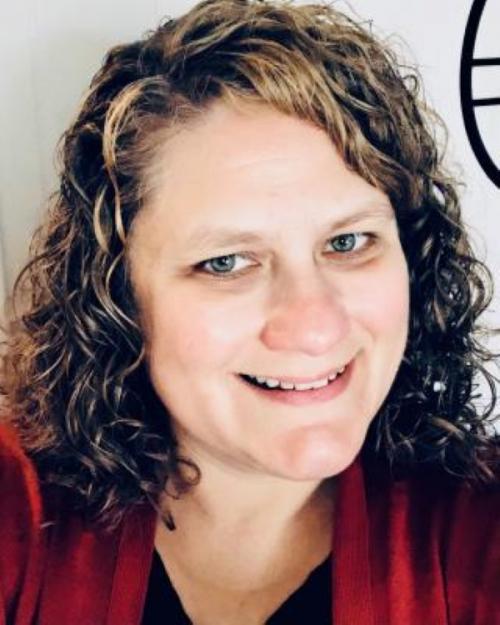In the evolving landscape of criminal justice, Dr. Cortney Fisher, a lecturer at the University of Maryland, College Park, is leading efforts to transform how law enforcement handles victims of crimes. Specializing in trauma and victimology, Fisher emphasizes the critical need for trauma-informed approaches in interviewing victims.
Dr. Fisher's research reveals that victims of crime are more likely to engage with the criminal justice system when they feel comfortable, heard, and represented. An uncomfortable and threatening environment like a police station only exacerbates the trauma that victims are experiencing from the crime. "It's very difficult for a survivor of trauma to recount coherently and consistently a chronological account of what happened," Dr. Fisher explains. Recognizing this, she advocates for law enforcement and prosecutorial training to better understand and support trauma survivors.
One significant initiative working to improve the way that victims of crime are treated by law enforcement is Project Beloved: The Molly Jane Mission, which renovates police interview rooms to create safe, comfortable environments for victims. These soft interview rooms aim to reduce stress, helping victims provide crucial details to investigators. "These rooms ideally give victims a space that reduces stress so they can better recount the events and details," she says.
While supportive environments are essential, Dr. Fisher stresses the need for comprehensive training for officers. "Any effort by police that takes the victim's trauma into account is a great step," she notes. However, training to prevent re-traumatization during interviews is vital.
Dr. Fisher advocates for a broader shift in the criminal justice system’s approach to victims of crime. "We have misunderstood and made the wrong conclusions about victims of sexual assault," she asserts. Her work aims to foster empathy and effectiveness in supporting victims and ensuring justice.
Dr. Fisher’s insights are instrumental in promoting trauma-informed practices within the criminal justice system. Her support for initiatives like Project Beloved and her emphasis on proper training are paving the way for more compassionate and effective responses to victims of crime.



